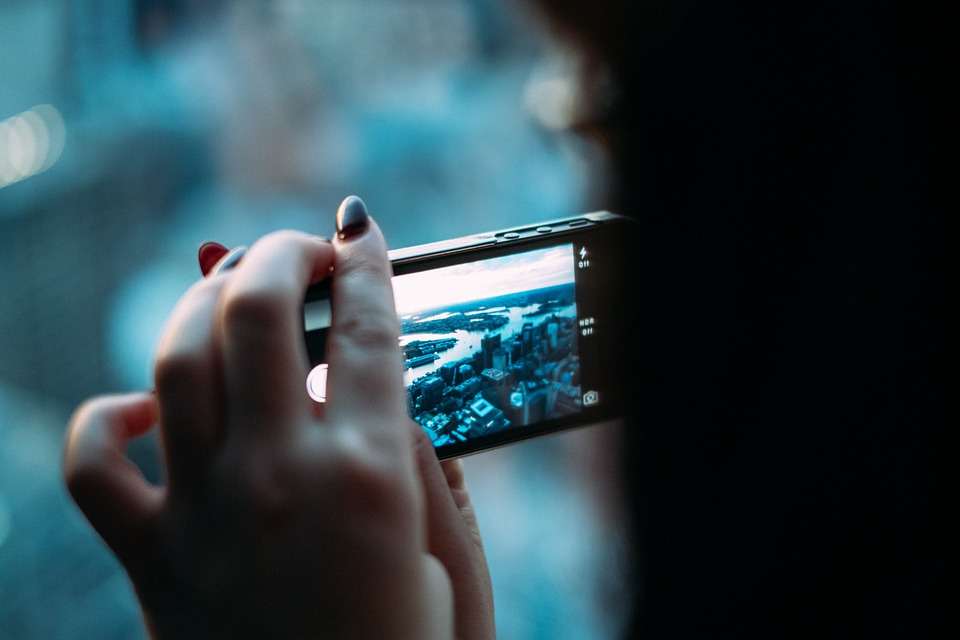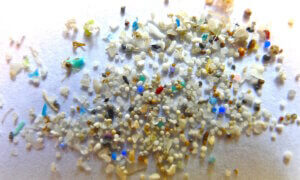It’s no secret that blue light emitted by smartphone and other device screens hurts our eyes but, so far, science did not have many explanations for why that happens.
Now, a new study published on Phys.org reveals that blue light damages and accelerates macular degeneration by turning a molecule in your eye so toxic that it attacks cells.
In short, macular degeneration means the death of photoreceptor cells in the retina and it is an eye disease that brings significant vision loss later on. To see light, those photoreceptor cells need a retinal molecule. If you spend a lot of time staring at screens you might want to open your eyes and see what the researchers discovered.
Continuous exposure to blue light triggers reactions that generate toxic molecules that will literally dissolve the membrane of photoreceptor cells.
“It’s toxic. If you shine blue light on retinal, the retinal kills photoreceptor cells as the signaling molecule on the membrane dissolves. Photoreceptor cells do not regenerate in the eye. When they’re dead, they’re dead for good,” explained Kasun Ratnayake, a Ph.D. student researcher who was involved in this particular study done by the University of Toledo’s Department of Chemistry and Biochemistry.
Fortunately, there are some ways to prevent or stop this process, not just by stepping away from the screen. A molecule called alpha-tocopherol, a natural antioxidant and Vitamin E derivative, will stop photoreceptor cells from dying. The scientists also advised screen junkies to invest in sunglasses with both UV and blue light protection, while minimizing the amount of time spent looking at screens in the dark.
Follow TechTheLead on Google News to get the news first.

























